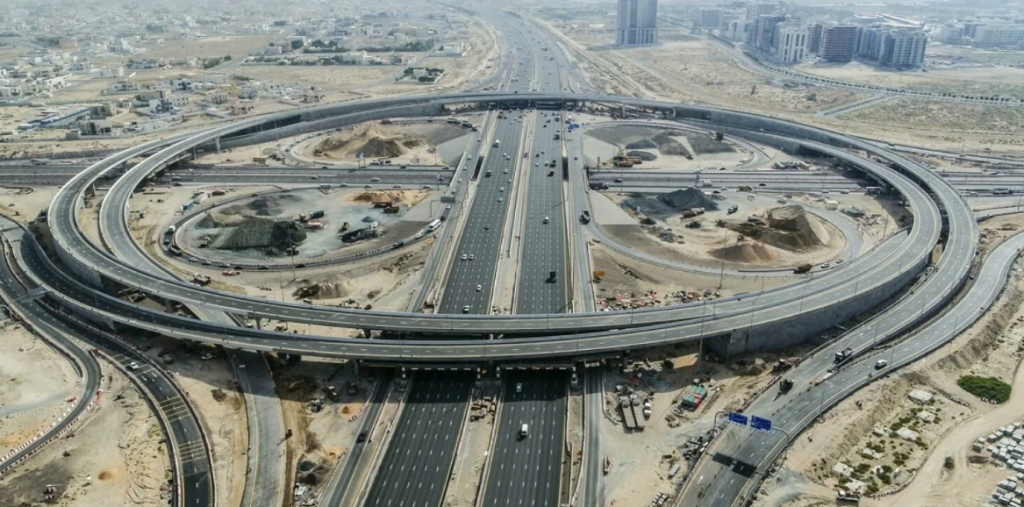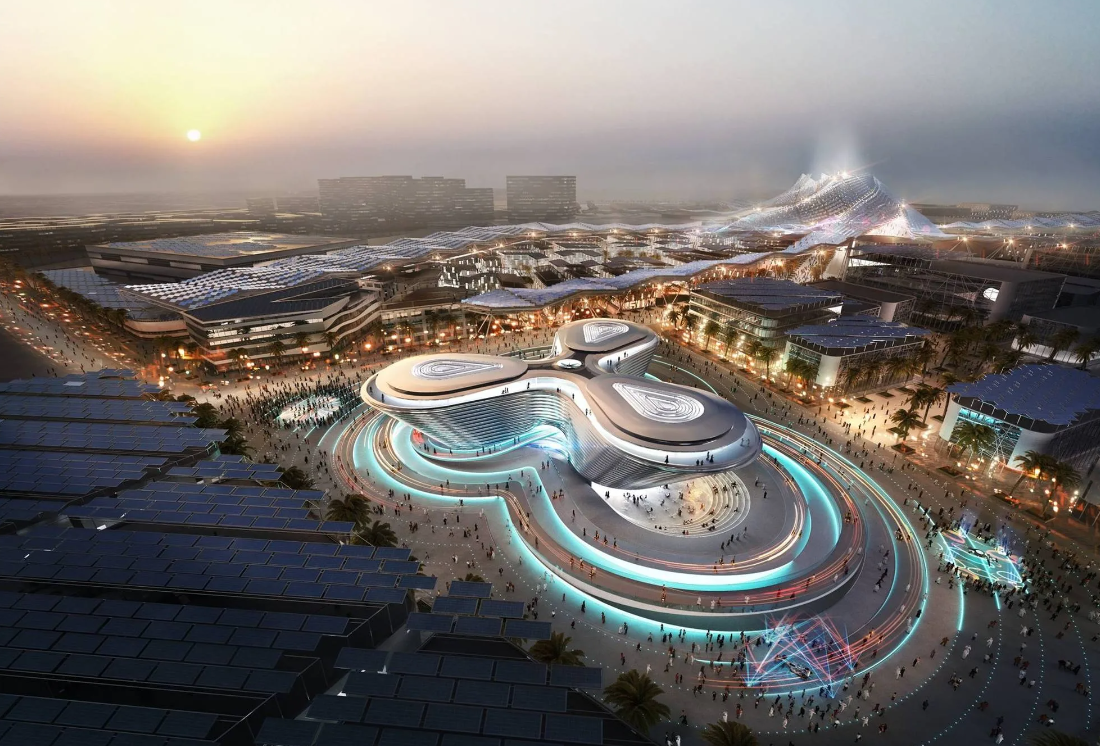Dubai, often dubbed as the city of the future, has been consistently pushing the boundaries of architectural innovation and urban development. One of the key drivers behind the city’s rapid growth and transformation is its continuous investment in infrastructure projects. These projects not only enhance the city’s connectivity and accessibility but also play a crucial role in shaping the dynamics of its real estate market.
One of the most notable infrastructure projects in Dubai is the Dubai Metro. Launched in 2009, the Dubai Metro is one of the most advanced and modern rapid transit systems globally, comprising both driverless metro lines and tram lines. The Metro has significantly improved the city’s transportation network, offering residents and visitors a convenient, efficient, and environmentally friendly mode of travel. Areas serviced by the Metro have witnessed a surge in real estate demand, with properties located near Metro stations commanding premium prices due to their accessibility and connectivity.
Another landmark infrastructure project is the Dubai Water Canal. Opened in 2016, the Dubai Water Canal is a man-made canal that stretches approximately 3.2 kilometers, connecting the Business Bay area with the Arabian Gulf. The canal has revitalized the surrounding areas, transforming them into vibrant waterfront communities with promenades, parks, and recreational facilities. Properties along the canal have become highly sought after, attracting investors and homebuyers looking for luxurious waterfront living experiences.

Additionally, Dubai’s ambitious plans for Expo 2020 have spurred significant infrastructure development in the city. The Expo site, located in the Dubai South district, has catalyzed the construction of new roads, bridges, and public transportation systems to accommodate the influx of visitors expected during the event. As a result, neighboring real estate markets have experienced a surge in demand, with investors eyeing opportunities for high returns on investment.
Furthermore, Dubai’s ongoing commitment to sustainable development has led to the implementation of green infrastructure initiatives such as the Dubai Solar Park. The Solar Park, one of the largest solar energy projects globally, aims to reduce carbon emissions and promote renewable energy usage in the city. Properties equipped with eco-friendly features and located in sustainable communities have become increasingly popular among environmentally conscious buyers.
In conclusion, infrastructure projects play a pivotal role in driving Dubai’s real estate market forward. By enhancing connectivity, revitalizing neighborhoods, and promoting sustainable development, these projects contribute to the city’s attractiveness as a global destination for investors and homebuyers alike. As Dubai continues to invest in its infrastructure, the real estate market is expected to remain dynamic and resilient, offering lucrative opportunities for growth and investment.

